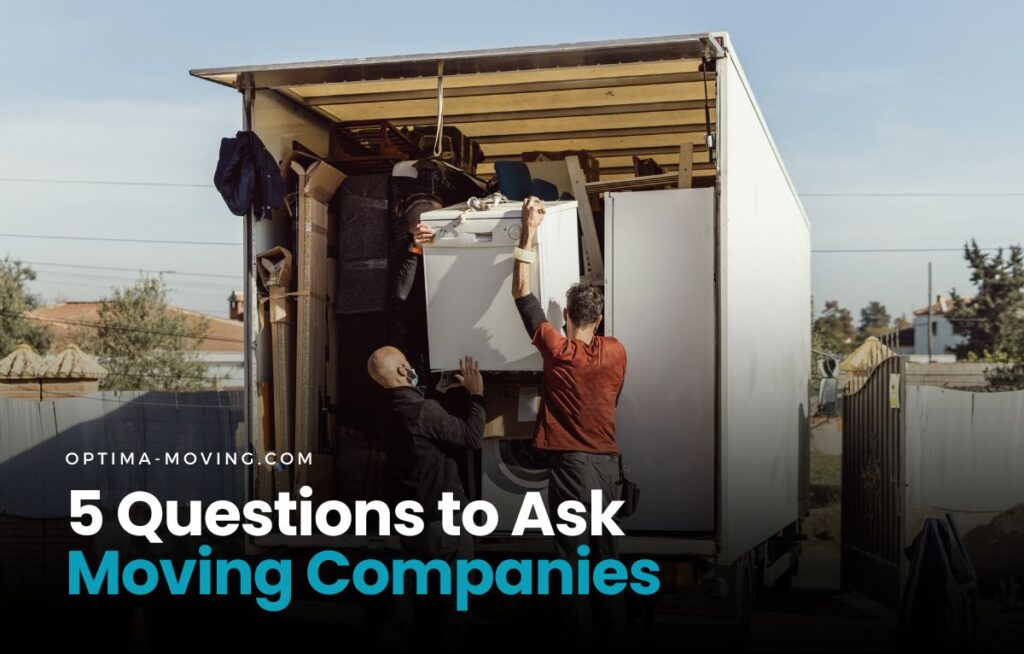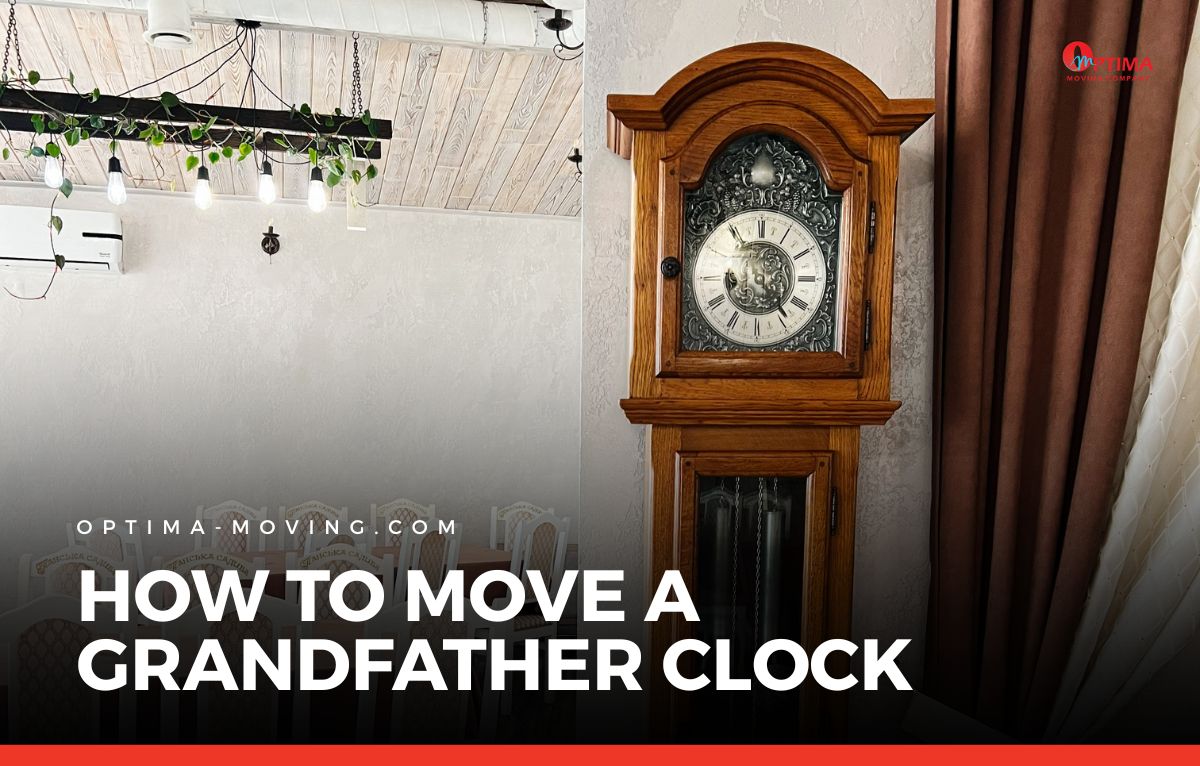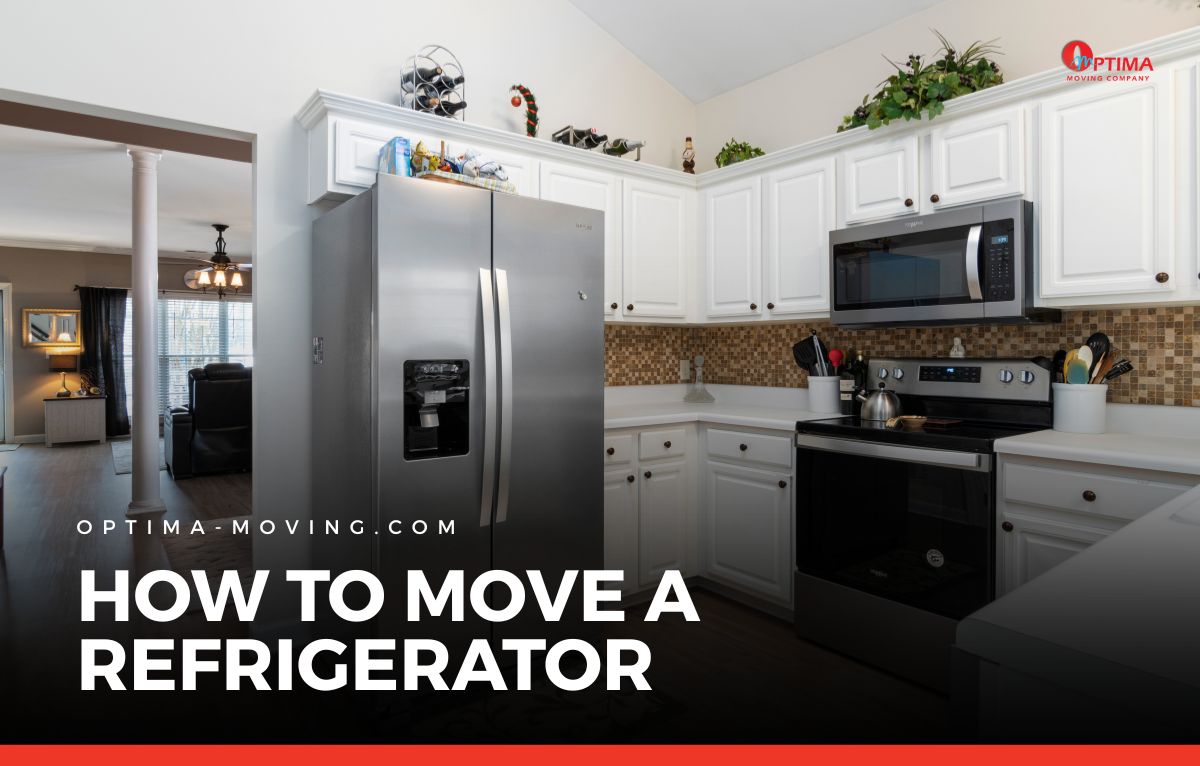Hiring a moving company is a big decision, and choosing the wrong one can lead to delays, damage, or unexpected costs.
Before signing a contract, it’s important to have a clear picture of what you can expect from the company handling your belongings.
Knowing the questions to ask moving companies ahead of time is crucial.
These questions help you compare services, uncover hidden fees, and ensure you’re working with a reputable mover who fits your needs.
Asking the right questions also puts you in control of the conversation so you get accurate, transparent information instead of vague promises.
1. What Services Are Included in Your Quote?
The first step to avoiding unpleasant surprises is understanding exactly what your moving quote covers. Some companies offer a flat rate that includes labor, truck fees, packing supplies, and fuel.
Others may charge separately for each of these items, which can add up quickly if you are not prepared.
Ask for a detailed breakdown in writing so you know if services like packing, furniture disassembly, or long-carry fees are included.
This is also the time to ask about potential extra charges, such as for stairs, heavy items, or parking permits.
For example, if your apartment has no elevator, some movers charge per flight of stairs. If your destination has limited parking, the truck might have to park far from the building, which can result in a “long-carry” fee.
Without asking upfront, these costs can surprise you on moving day.
Having a clear, itemized list also helps you compare quotes from different companies more accurately, ensuring you’re comparing equal services instead of two very different packages.
2. Are You Licensed and Insured?
One of the most important questions to ask moving companies is about licensing and insurance.
In the United States, interstate movers must be registered with the Federal Motor Carrier Safety Administration (FMCSA) and have a valid USDOT number.
This number is easy to look up online, and checking it will confirm that the mover is legally authorized to operate.
Local movers are usually regulated by state agencies, and you can verify their status through the state’s consumer protection department.
Insurance is equally important. Ask what type of valuation coverage is provided and what options you have for additional protection.
Standard coverage, known as “released value protection,” often reimburses only a small amount per pound, which may not come close to the replacement cost of expensive items.
For valuable furniture, electronics, or collectibles, you might want to purchase full-value protection, which covers repair or replacement at current market value.
It’s also smart to ask how the company handles proof of insurance. A professional mover should be able to provide a certificate of insurance if your building management requires one.
This step is often overlooked but can be essential for apartment or condo moves.
3. Can You Provide References or Reviews?
Any moving company can make promises, but feedback from real customers is more telling. Ask for recent references you can contact, or look up independent reviews on trusted platforms.
While one or two bad reviews aren’t unusual for any business, a consistent pattern of similar complaints is a warning sign.
Speaking directly to past customers can give you insight into how the company communicates, handles unexpected problems, and treats your belongings.
Did they show up on time? Did the final bill match the estimate? Was the crew professional and respectful in the home?
It’s also worth noting how the company responds to negative reviews. A company that answers complaints professionally and offers solutions demonstrates that they take customer service seriously.
On the other hand, a company that ignores reviews or responds with hostility may not handle conflict well.
4. How Do You Handle Delays or Damaged Items?
Even with careful planning, delays and damage can happen during a move. This makes it one of the most practical questions to ask moving companies before booking.
Your goal is to find out how the company will take responsibility if something goes wrong.
For delays, ask if they offer guaranteed delivery windows or if timelines are simply estimates.
If your belongings are arriving days or weeks later than expected, will they provide storage solutions or compensate you for the delay?
For damage, find out how quickly they process claims and what evidence you need to provide. Some companies require detailed photos, weight information, and proof of value before approving a claim.
A reliable mover will explain this process clearly before you book, not after an issue occurs.
An example: if a large dining table is scratched during loading, a good company will send someone to assess the damage within a few days and either repair it or offer reimbursement.
A less reputable company may delay responses or offer minimal compensation. Knowing their process in advance helps you set realistic expectations.
5. What Is Your Cancellation or Rescheduling Policy?
Life happens, and sometimes plans change. Before you sign anything, understand the mover’s rules for cancellations or rescheduling.
Some companies offer full refunds if you cancel a certain number of days in advance, while others keep your deposit regardless of notice.
If there’s even a small chance your moving date could change, ask about flexible booking options.
Some movers allow you to reschedule without penalty if you give enough notice, while others may charge a fee.
It’s also helpful to know how deposits are handled. Is it a fixed amount or a percentage of your total cost?
Will it be applied toward your final bill or forfeited entirely if you change dates? Clear answers here prevent misunderstandings and help you avoid losing money unnecessarily.
Tips for Asking the Right Questions
Before you start calling movers, prepare a list so you don’t forget anything during the conversation. Here’s a simple approach:
- Write down your move details, including the date, addresses, and any special requirements like large furniture or fragile items.
- Keep a copy of the same set of questions for each company you speak to so you can compare answers side by side.
When you get answers, save them in writing—either by email or as part of the estimate—so there’s a record if disputes arise.
This preparation makes it easier to spot inconsistencies or hidden costs before you commit.
Choosing the Right Mover
Knowing the right questions to ask moving companies is your best defense against unexpected costs, damaged belongings, and unnecessary stress.
By confirming services, checking licensing, reading reviews, understanding policies, and clarifying procedures for problems, you’ll have the information you need to choose wisely.
These conversations also help you gauge a company’s professionalism from the very first interaction.
If you’re planning a move in Maryland or nearby, Optima Moving can answer these questions and more, providing clear communication and reliable service from start to finish.




